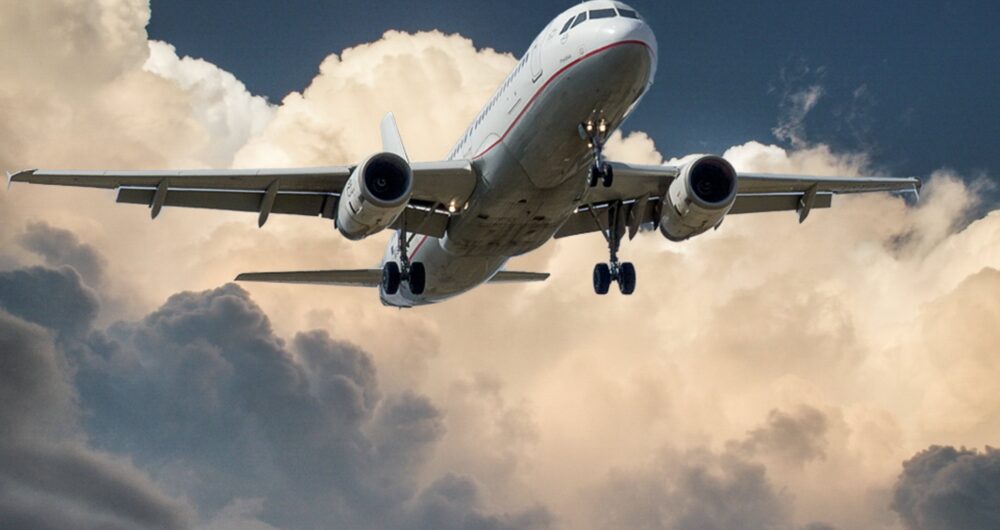In a ground-breaking move, a Boeing 787 test flight has made aviation history by traversing the Atlantic from London Heathrow to New York’s JFK airport using 100% sustainable aviation fuel (SAF).
This journey represents a departure from existing regulations that previously restricted airlines to a maximum of 50% eco-fuel usage, showcasing the feasibility of SAF composed mainly of used cooking oil and plant-based products.
Holly Boyd-Boland, Vice President of Corporate Development at Virgin Atlantic, highlighted the significance of the test flight, stating, “This isn’t a zero-emission flight, but it absolutely is demonstrating that we have huge levers out there and huge opportunities to materially bring down the carbon footprint of flight today.”
The aviation industry is increasingly turning to SAF as a key strategy to slash net emissions by up to 70% compared to traditional fossil fuels, aiming to decarbonize flying as they await the development of new electric and hydrogen-powered options. One notable advantage of SAF is its compatibility with existing aircraft engines, requiring no special modifications.
Commercial aviation, responsible for approximately 3% of global carbon emissions, currently sees only a fraction—0.1%—of its fuel derived from SAF. The industry is optimistic about SAF’s potential role in achieving substantial emission reductions. However, challenges persist, including the limited production of SAF in small volumes and its higher cost—three to five times more than regular jet fuel.
This Boeing 787 test flight serves as a tangible step toward a more sustainable future for air travel, illustrating the industry’s commitment to exploring innovative solutions to combat climate change.




